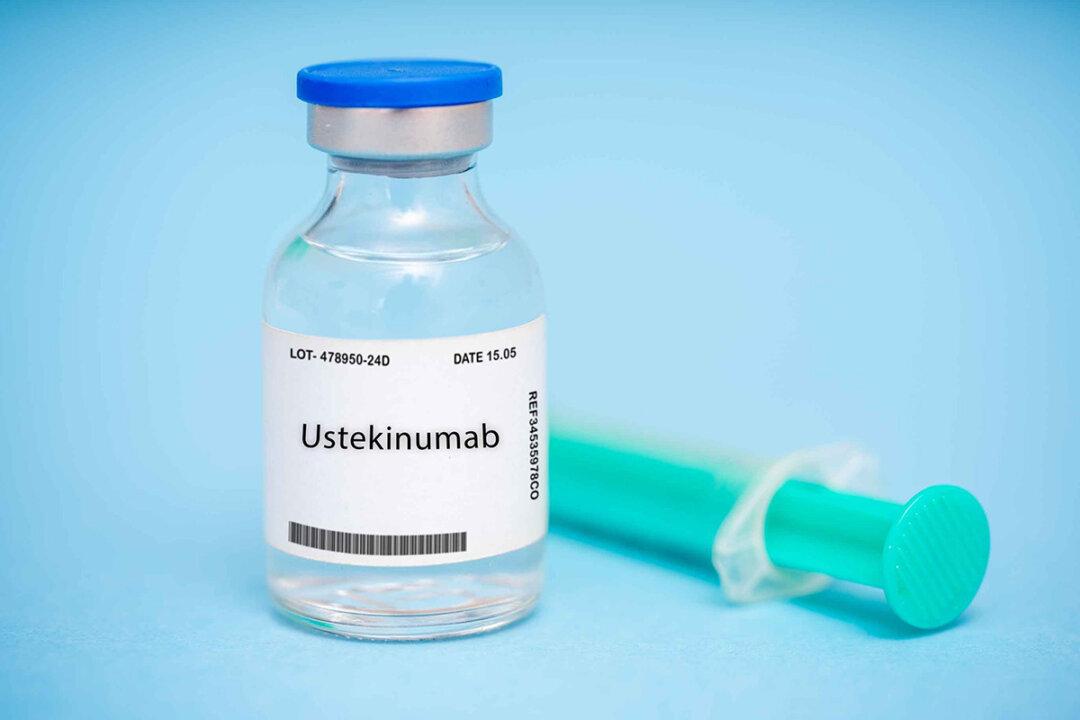What if you could hone in on the perfect cancer treatment? A tailor-made therapy for your body and the type of cancer you might have?
Precision oncology is a branch of cancer research that involves analyzing a patient’s tumor to detect genetic and chemical abnormalities. This information can help customize treatment plans with tailored therapeutics.
Analysis of 10,478 Patients
In the study, the research team analyzed whole-genome sequencing of 10,478 patients with 35 different types of cancers. The study’s participants skewed heavily toward those with kidney and colorectal cancers, with fewer participants having prostate and pancreatic cancers.Potentially because of the skewed sample, the authors detected 80 percent of the cancer drivers for colorectal, breast, lung, and ovarian cancers but less than 20 percent of drivers reported for liver and stomach cancers.
The research team found that around 55 percent of patients had at least one cancer driver gene that could be used to predict how the patient would respond to various treatments.
Additionally, the research team found that “many genes function as drivers in several cancer types.” They found that 85 genes were cancer drivers in two or more cancerous tumor types, and 26 genes function as drivers in more than five tumor types.
Opening New Doors for Better Cancer Therapy
The research team noted that results from studies like this in the field of precision oncology enable the “identification of new therapeutic intervention strategies” that can better and more effectively target cancer with less chance of making a person sick as a consequence.“We believe [this study] represents one of the most comprehensive efforts thus far to identify cancer driver genes and serves as an important research asset,” the research team wrote.
That effort could lead to better therapy. The researchers noted that their observations indicate that “approximately 15% of patients are potentially eligible for a currently approved therapy targeting an oncogenic driver.”
However, there are long-standing criticisms of precision oncology that may prevent its implementation in treatment.
Such criticism includes that it is difficult for physicians to take clinical action on the results of genome sequencing, especially mutations that have yet to be recognized by the FDA.
“As our analysis indicates, the future adoption of WGS [whole genome sequencing] or broader panels has the potential to enable more accurate assessments of the driver mutational landscape predictive of drug response,” the research team wrote.







